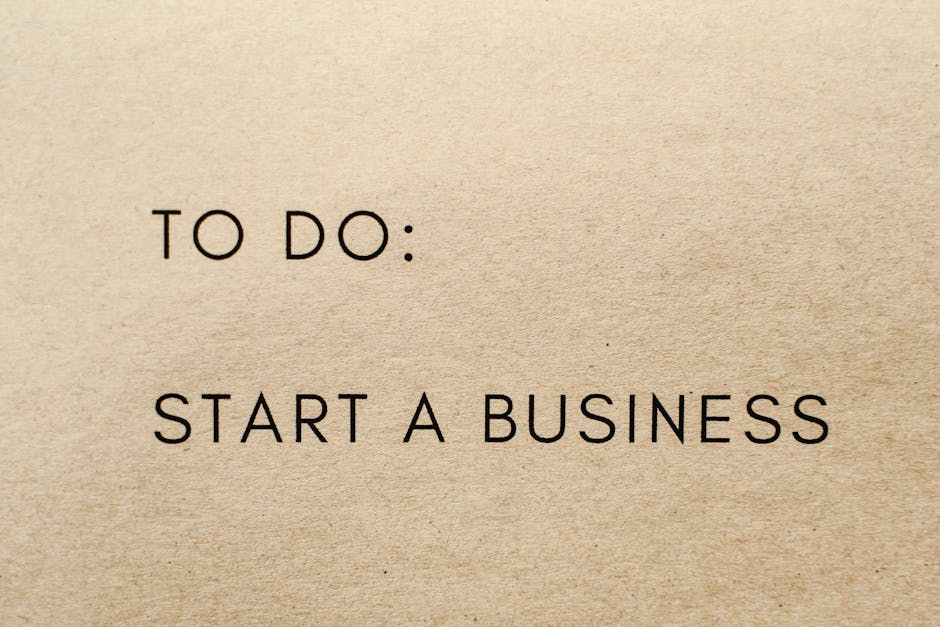Why Mindset Matters More Than You Think
Entrepreneurship isn’t just about knowing how to build a pitch deck or read a P&L sheet. It’s a mentality—a way of confronting chaos, making calls with incomplete information, and staying on the grind long after trends fade. Skillsets can be learned. But mindset? You’ve got to cultivate that from the inside out.
At its core, mindset is what determines how you face risk. Some people freeze. Others dive in, assess, and adapt. That same mental wiring fuels persistence—how you bounce back after a bad launch, a funding rejection, or six months of stagnation. It even shapes how decisions get made under stress: whether you flinch, stall, or execute.
Take Melanie Perkins, co-founder of Canva. She spent years hearing ‘no’ from investors before finally locking in her first big round. Her belief in the vision didn’t waver through those constant rejections. Or Ben Francis, who started Gymshark in his bedroom while juggling pizza deliveries—guided more by relentless problem-solving than perfect plans. Mindset didn’t just help them survive the early stages; it helped them scale.
The truth? You don’t need to be fearless to build something real. You need clarity, commitment, and the inner discipline to keep moving forward when it feels easier to quit.
Purpose-Driven Motivation
Before there’s a product, there has to be a reason. The most resilient entrepreneurs aren’t chasing trends—they’re chasing impact. Defining your “why” early forces clarity. It aligns every decision, keeps priorities sharp, and makes the grind bearable when things get messy (and they will).
Purpose-driven motivation doesn’t mean writing some perfect mission statement. It means knowing what makes this worth doing, even when no one’s watching. When the dopamine of launch day fades, when feedback is brutal, when money’s tight—purpose is what’s left.
Chasing short-term wins? That burns out fast. Creators and founders who think long-game build brands with staying power. They make value for actual people. They invest in relationships, not just transactions.
Want to fuel this kind of focus? Start with questions, not answers. Why now? Why are you the one to solve this? Who does it serve, and how does it make life better for them? Simple prompts, but the answers will shape everything else.
Internal drive beats external applause. That kind of motivation lasts longer, hits harder, and helps you stay standing when the hits come.
Daily Habits That Shape Entrepreneurial Thinking
High-performing founders don’t leave mindset up to chance. They build routines that train it—daily.
At the core: structure. A predictable rhythm helps ease decision fatigue and keeps you anchored when the rest of startup life is chaos. Morning routines are particularly valuable: no-scroll zones, short workouts, journaling, cold showers, even 10 minutes of breathing with no distraction. These moments aren’t about trends—they’re about starting the day with control.
Self-reflection is just as important. The mental muscle to pause, examine your reactions, and realign your focus is what separates reactive founders from intentional ones. It’s not complicated. Take five minutes at the end of the day. Ask: Where did I show up? Where did I flinch? What can I do differently tomorrow?
Lastly, conditioning your mind to run toward problems—not away—is a habit you train. Founders hit walls all the time. Those who endure are the ones who reframe obstacles as puzzles worth solving. It’s not “Why is this happening to me?”—it’s “What’s the next move?”
These habits may not make headlines, but they shape the kind of mindset that does.
Decision-Making Under Fire
Making decisions in the startup world isn’t just a daily task—it’s a survival skill. The speed, pressure, and uncertainty can be overwhelming, but successful entrepreneurs learn to act decisively, even without a perfect blueprint.
The Art of Balance: Data Meets Instinct
To make sound decisions, founders must walk the line between analysis and intuition. Data gives you context, but instinct helps you move when that data is incomplete—which it often is in early-stage ventures.
- Use metrics to frame the decision, not define it
- Leverage past experiences to guide current actions
- Trust your gut—but verify with insights whenever possible
A founder tuned into both logic and instinct makes faster and more adaptive calls.
The Cost of Indecision
Waiting for certainty is a luxury entrepreneurs can’t afford. In fact, hesitation can kill momentum and morale faster than a wrong move can.
- Inaction can stall progress and paralyze your team
- Missed windows of opportunity are often irreversible
- Even a flawed decision can provide data, direction, and forward motion
Momentum matters. It’s easier to course-correct mid-motion than to get moving from a standstill.
Train for Bold, Fast, Smart Moves
Being decisive isn’t a personality trait—it’s a learned discipline. You can build confidence in your decisions the same way you build product features: systematically and consistently.
How to train your decision-making muscle:
- Scenario practice: Simulate fast-paced choices with limited info
- Post-mortems: Reflect on past decisions to learn what worked
- 80% rule: Aim for 80% certainty, then act—perfection is too slow
- Debrief and refine: Don’t just move on—understand the outcomes
The best decisions don’t always feel comfortable—but they create clarity, momentum, and opportunity. Entrepreneurs who lead with action, learn from outcomes, and adapt quickly are the ones who thrive under pressure.
Surrounding Yourself with the Right People
Your environment can make or break your entrepreneurial success. The people you regularly interact with have a direct influence on your mindset, ambition, and emotional resilience. Entrepreneurs thrive when they are surrounded by voices that push them to grow, challenge their assumptions, and support their vision.
Your Circle Affects Your Ceiling
Too often, entrepreneurs underestimate how much their mindset is shaped by the company they keep. If you’re always around people who think small, play it safe, or discourage bold moves, those tendencies will start to stick.
- Surround yourself with those who think bigger than you
- Avoid energy-drainers, chronic complainers, or risk-averse perspectives
- Choose peers who challenge your thinking and raise your expectations
Build a Growth-Focused Network
Networks aren’t just for job opportunities—they’re crucial for refining your ideas, testing your assumptions, and learning through feedback. Make networking intentional, not accidental.
- Attend industry events and mastermind groups
- Join peer communities (online or local) that prioritize progress
- Nurture genuine connections over superficial contacts
The Power of Mentorship and Community Support
Mentorship isn’t outdated—it’s a proven growth accelerator. The right mentor offers perspective, accountability, and lessons you won’t find in any course. At the same time, peer community keeps you grounded and motivated.
- Find mentors who reflect where you want to be, not just where you are
- Regularly engage with communities that foster shared vulnerability and growth
- Treat community not just as support, but as strategy
Remember: You don’t have to build a business alone. A strong support system doesn’t just lighten the load—it elevates your mindset, sharpens your vision, and keeps you moving through challenges with clarity and confidence.
From Ideas to Execution: Trusting Your Process
You can brainstorm for weeks. You can whiteboard, map, and meditate. But unless you act, nothing moves. Turning a rough idea into a live project isn’t about waiting for perfect timing—it’s about starting with what you have, where you are.
Too many would-be founders get stuck in planning loops, thinking more prep will protect them from failure. It won’t. Execution isn’t about avoiding mistakes—it’s about embracing them fast, learning faster, and staying in motion. The market rewards momentum, not hypotheticals.
The shift from dreamer to doer doesn’t happen overnight, but it can start today. Create something small, launch it, learn. Then do it again, better. That’s the cycle. That’s how everything real gets made.
Need help moving from idea to action? Start with something grounded: Brainstorming with a Purpose: Techniques for Idea Generation.
Final Thought: You Are the Startup
Before you code a line, launch a product, or close your first customer, it starts with mindset. Not productivity hacks. Not tech stacks. You.
Every decision you make—how you handle risk, how you bounce back from failure, how much you’re willing to learn—stems from the way you think. Your startup will go as far and as fast as your brain is capable of pushing it. That’s both a burden and a massive advantage.
This doesn’t mean grinding 24/7 or pretending you have it all figured out. It means staying clear on what you’re building and why, even when the picture gets muddy. It means adjusting when the terrain shifts, without losing sight of the mountain.
Stay flexible, stay focused, keep pushing forward. That’s not just mindset—it’s momentum.


